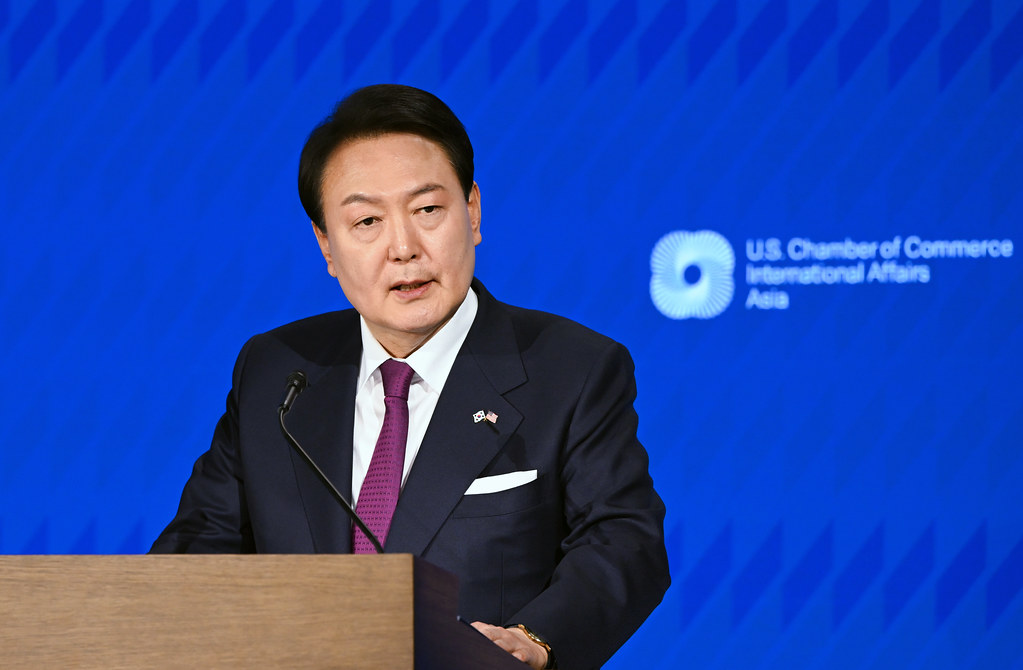
In a landmark moment for South Korea’s political history, President Yoon Suk Yeol has been formally indicted for insurrection after his brief but dramatic imposition of martial law on December 3. The decision by prosecutors marks the first time a sitting South Korean president has faced such grave charges, casting uncertainty over the country’s political stability.
The Indictment and Its Ramifications
The indictment comes just weeks after Yoon was impeached by South Korea’s opposition-led parliament, following outrage over his martial law decree, which attempted to suppress parliamentary activity and restrict media freedoms. Prosecutors allege that Yoon’s actions amounted to a direct assault on South Korea’s democratic institutions, with legal experts suggesting that a conviction could result in life imprisonment or even the death penalty, though executions have not been carried out in the country for decades.
Yoon’s lawyers have fiercely criticized the move, labeling it the “worst possible choice” by the prosecution. In a statement, they defended his actions, saying, “The declaration of martial law was a last-resort effort to address a national crisis, not an attempt to overthrow democracy.”
The Opposition and Public Outcry
Opposition leaders, however, welcomed the indictment, viewing it as a necessary step toward accountability. Han Min-soo, a spokesperson for the Democratic Party, stated, “This indictment is a turning point for South Korea. It’s a clear message that no one is above the law, not even the president.”
Yoon’s brief martial law declaration led to chaotic scenes, with armed soldiers storming the parliament in an attempt to enforce his decree. Lawmakers confronted the military directly, ultimately forcing Yoon to rescind the order just hours after it was announced. The shocking images of soldiers breaking windows to enter the parliament building left an indelible mark on the public’s perception of Yoon’s leadership.
A Troubled Legal Path
Yoon’s troubles extend beyond the criminal charges. The Constitutional Court is currently reviewing his impeachment, with a decision expected within 180 days. If the court upholds his removal, South Korea will hold a new presidential election within 60 days, plunging the country into an intense political campaign.
Yoon’s arrest on January 15, after a standoff involving his security detail, marked a dramatic fall for a president who was once a celebrated prosecutor. His solitary confinement and failed attempts to extend his detention have only added to the spectacle of the unfolding legal drama.
Divided Public Opinion
The situation has left South Korea deeply polarized. Supporters argue that Yoon acted out of necessity to address a political crisis, while critics see his actions as a grave abuse of power. The president’s argument that martial law was intended as a symbolic warning, rather than a concrete action, has failed to sway his detractors.
What Lies Ahead
With the courts and parliament both playing pivotal roles in deciding Yoon’s fate, the coming months will be crucial for South Korea’s democracy. If convicted, Yoon’s case will set a precedent for how future leaders are held accountable for their actions.
The indictment of a sitting president on charges of insurrection underscores the high stakes of political leadership in South Korea, where democracy has been hard-fought. For now, the nation watches as the legal and political drama unfolds, determining not only Yoon’s future but also the direction of South Korea’s governance.










